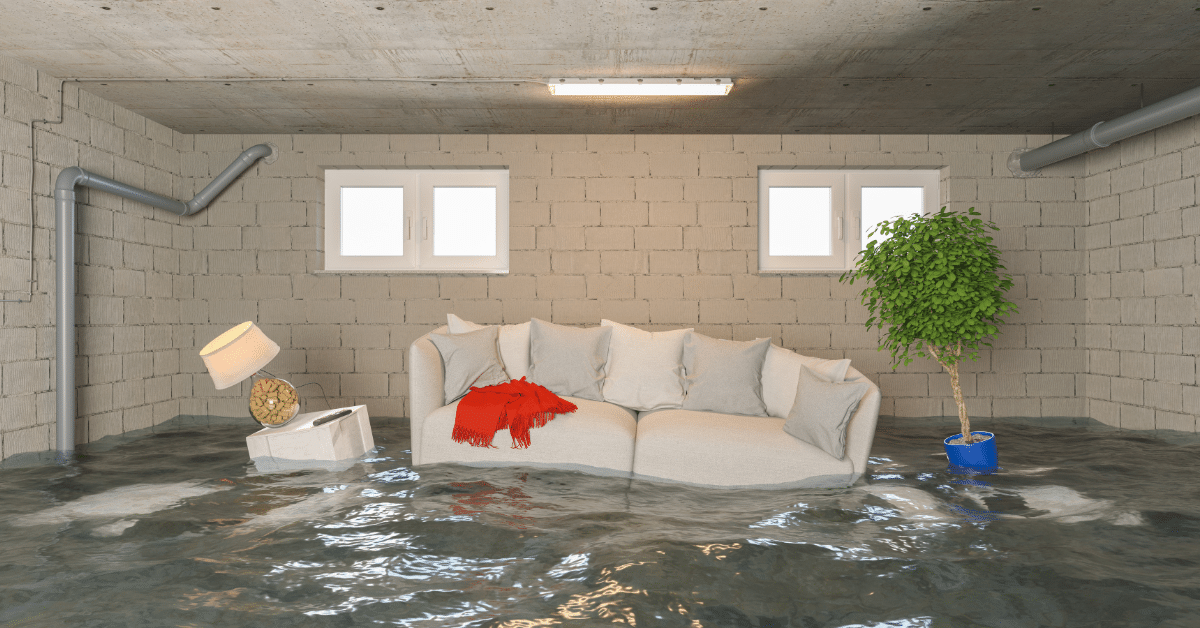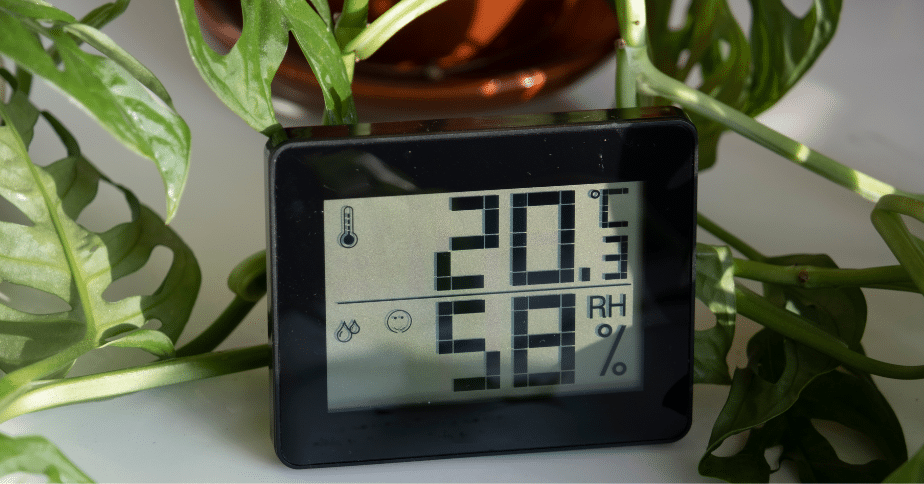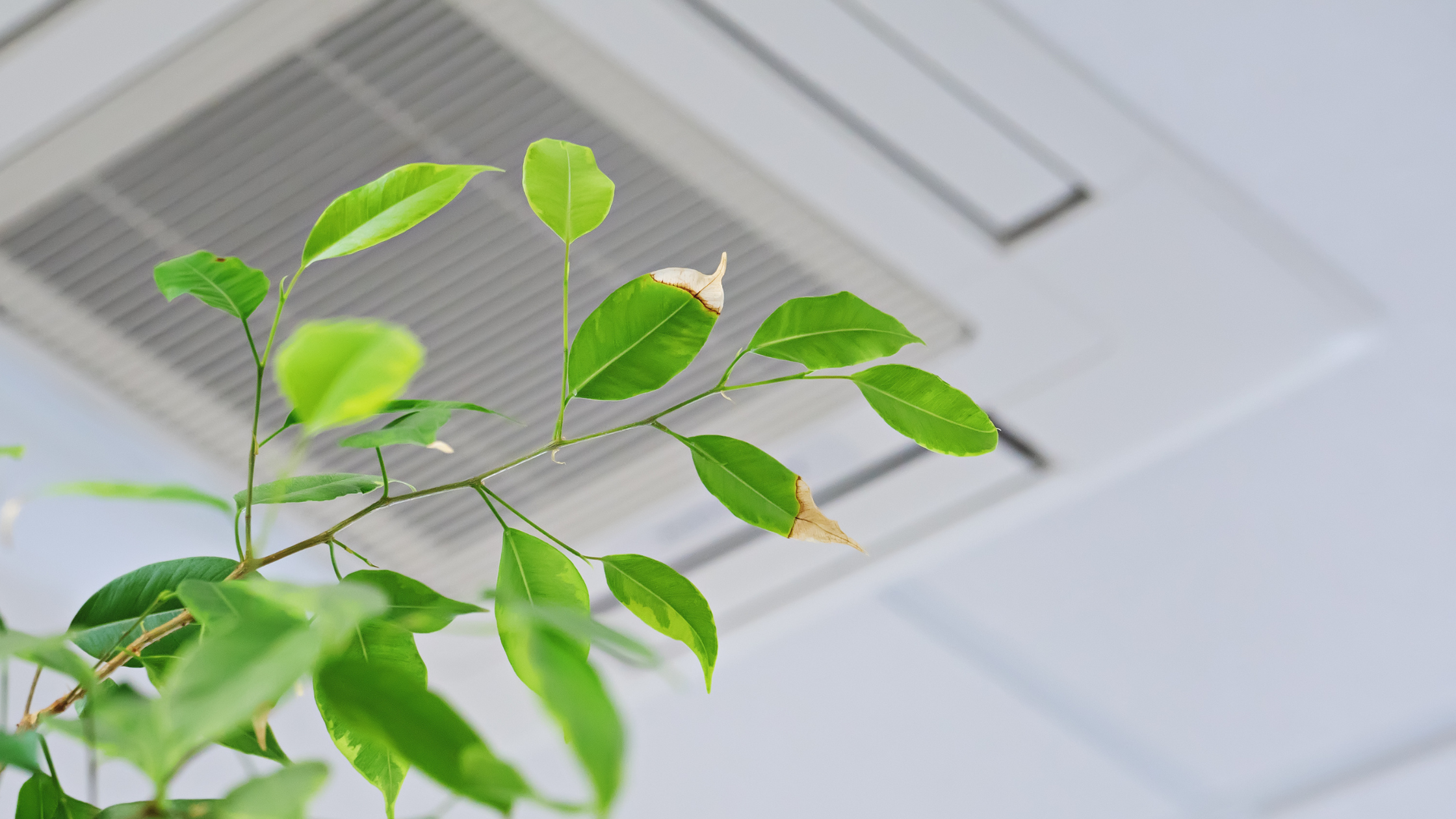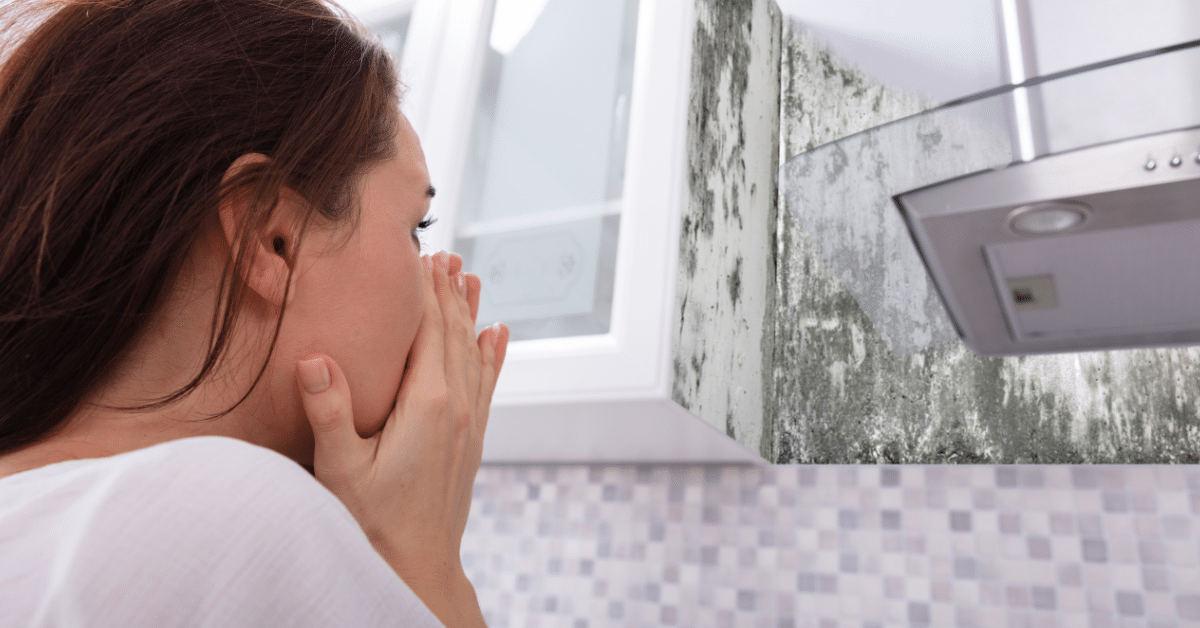Does Flooding Always Cause Mold?

If you have flooding or water damage in your home, you probably have quite a few concerns, depending on the extent of the damage. One specific concern is whether or not it’s going to cause mold. Mold can be dangerous and contribute to serious health issues, but does flooding always cause mold?
How Does Mold Start Growing?
Mold is part of the environment, existing naturally outdoors. Outside, mold occurs because organic, dead materials break down. Indoors, however, mold growth isn’t something that should be happening. Tiny spores that are invisible lead to the reproduction of mold.
The mold spores typically float around the air, indoors and outdoors, but they don’t start growing unless they land on a wet surface.
While there are many different types of mold, none can grow without a source of moisture or water.
After flooding or significant water damage, mold growth is especially common in indoor spaces.
Is Mold Growth Inevitable?
Mold growth is not inevitable. The biggest determinant of whether or not mold will start to grow after flooding or water damage is how quickly you can have someone come to eliminate the moisture and dry the space out. If your basement or the other flooded area is dried out within a maximum of 72 hours, it’s less likely that mold growth will occur. Doing so in a shorter amount of time reduces the risk further.
The problem is that this isn’t always easy to achieve. If your house is flooded, it will be nearly impossible to dry everything completely that quickly. If the water damage is confined to a small area, it’s much easier to dry it out fast enough, but a professional will have the resources to get it done quickly.
The Environmental Protection Agency (EPA) says, ideally, you should aim to have water-damaged areas dried out within 24 hours to prevent mold. Keeping a home’s humidity level below 60% is ideal to avoid mold growth too. Any time you have water damage or flooding, talk to a professional first and foremost before taking any other steps.
How Soon Does Mold Start After Flooding?
Generally, if mold is going to develop, it will occur within 24 to 48 hours after moisture exposure. Then, once it takes hold, it continues growing until every source of moisture is eliminated.
How Likely Is Mold After Water Damage?
While it’s not inevitable that mold will occur in your home following flooding or water damage, the chances are very high. Again, it’s just difficult to dry everything out at once, but a professional company can go a long way in helping you deal with mold and stop the problem before it gets worse.
What Are the Signs of Mold Growth?
Having any water damage checked for mold growth is a good idea. Signs that it’s growing can include discoloration, warping in the ceiling, floors, or walls, or peeling, bubbling paint or wallpaper.
You might be able to smell it if it’s growing in your home. It can smell musty and is somewhat noticeable to many people. You might even be able to see it, and it may look like discoloration or dirt.
After you experience any flooding or water damage, it’s important that you’re proactive about the cleanup, including mold detection. Otherwise, it can contribute to asthma, allergies, and serious health problems. The spores can travel and spread throughout your home quickly, becoming airborne and significantly impacting respiratory health.
Certain people will be more at-risk for ill health effects if exposed to mold and other household toxins. For example, children, pregnant women, older people, people who are immunocompromised, and individuals with respiratory diseases are all at more risk of negative effects if exposed to mold.
Even if you think you’ve completely dried everything out quickly enough to prevent mold growth, you should continue checking for it regularly if you’ve experienced any water damage.
Final Thoughts
The key takeaway is that mold growth isn’t inevitable after flooding or water damage but is more likely than not to happen. This is especially true with widespread water damage, which makes it more difficult to dry out the moisture quickly enough to prevent mold from taking hold and starting to grow. In a smaller, more contained area, you may be able to prevent mold growth entirely.
Regardless, it’s smart to talk to a professional if you’ve had water damage to ensure you’re protecting the health of everyone in your home.
At Air Quality Assessors, we offer air quality and building damage assessments. We can discover the source of damage in your home, do mold testing after gathering samples, and then outline the best next steps. Contact us if you’re concerned about mold in your home or want to be proactive following water damage.



